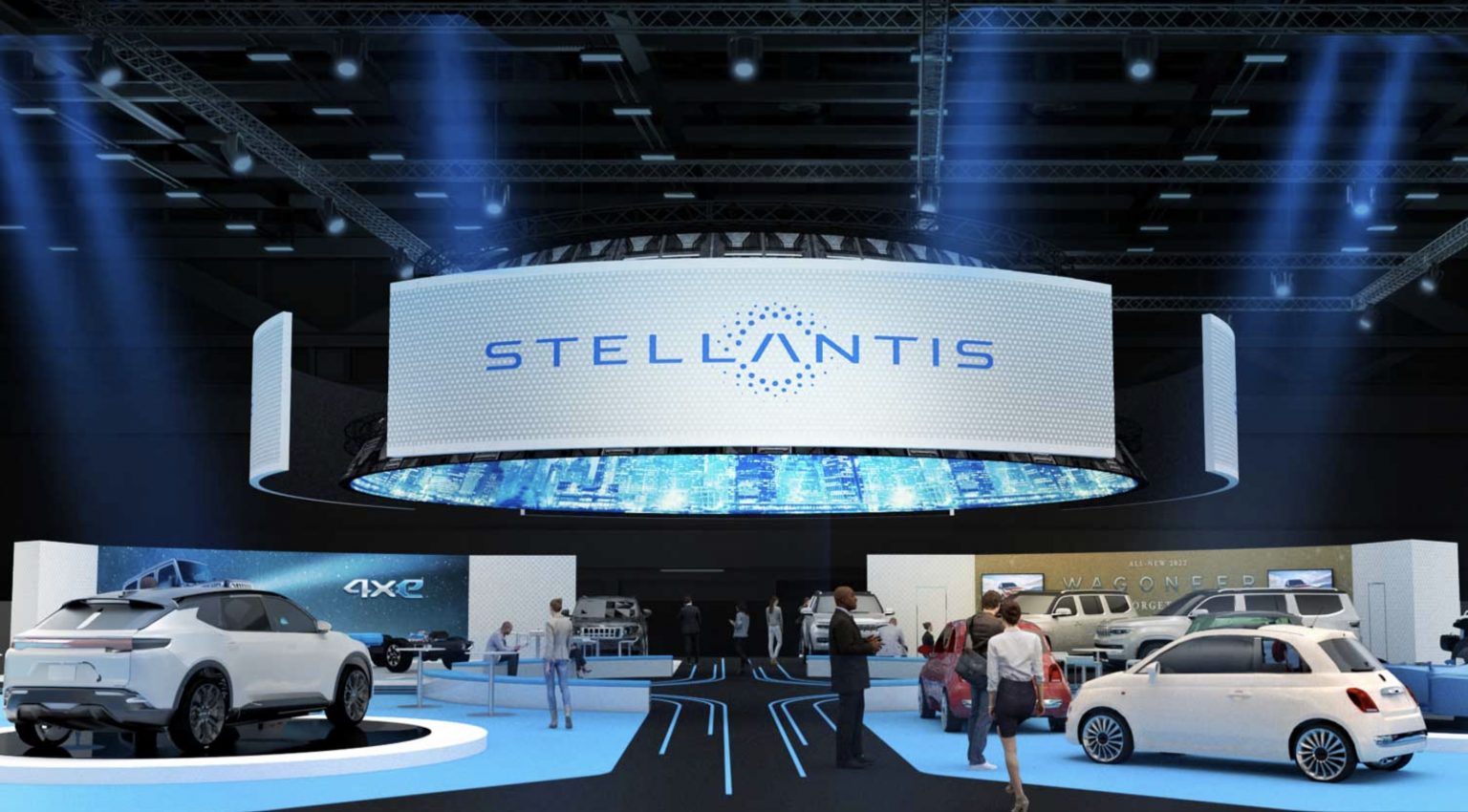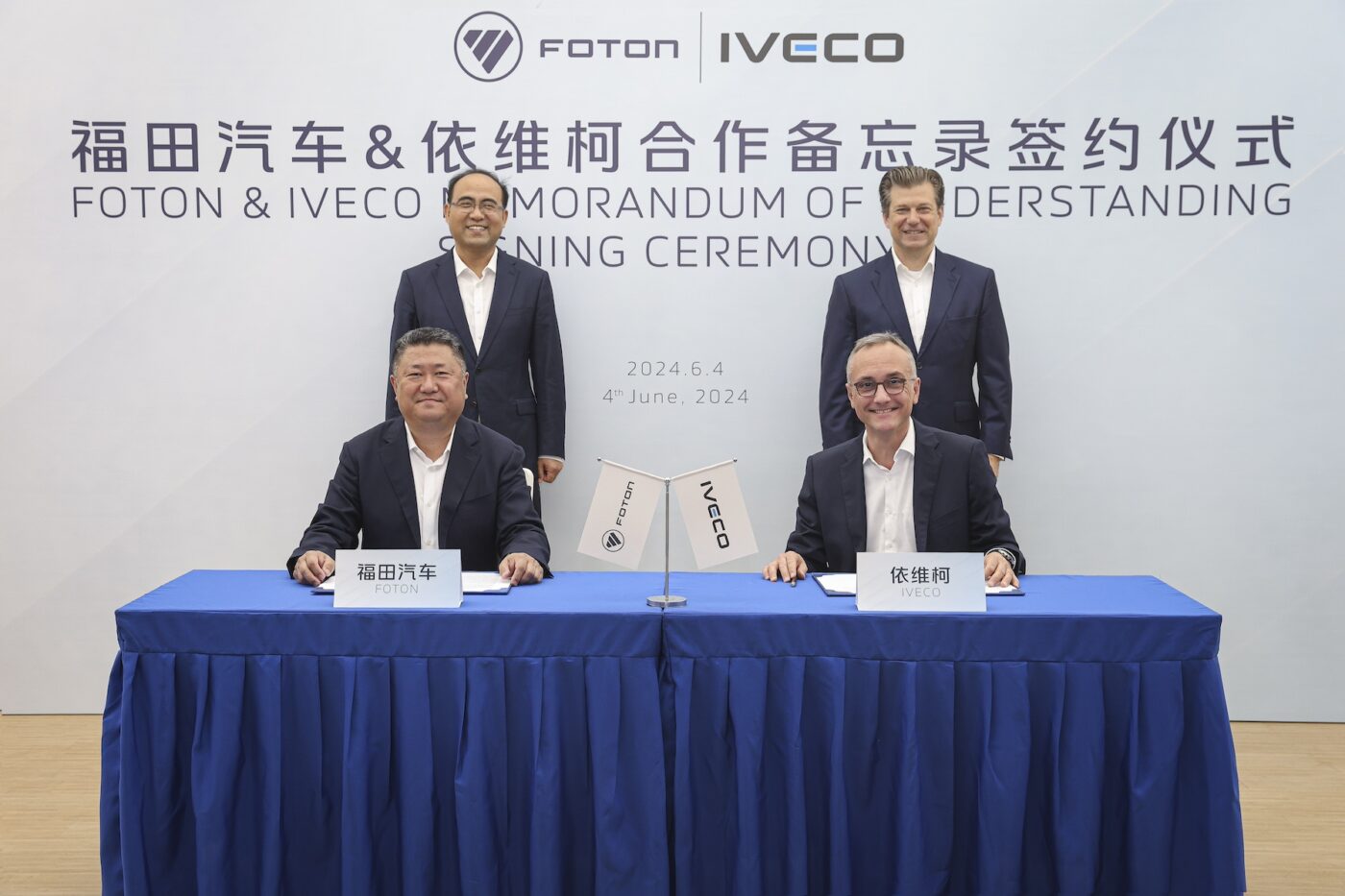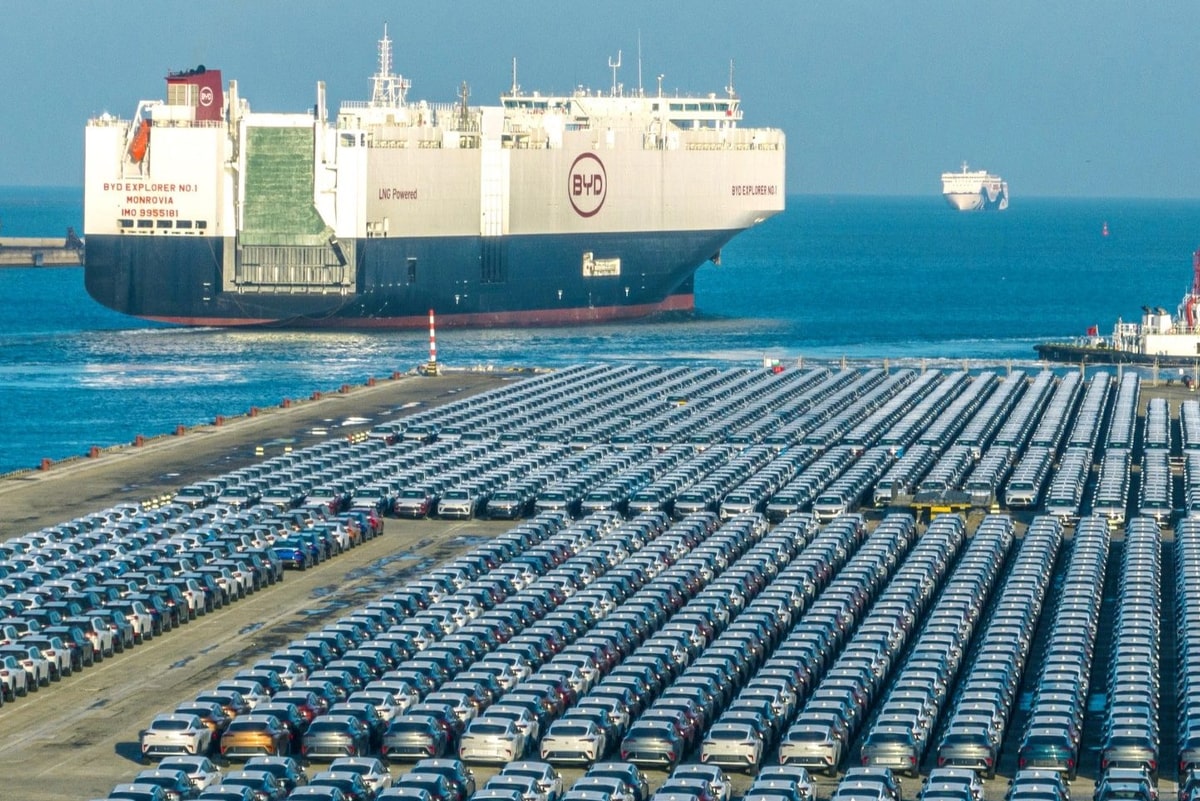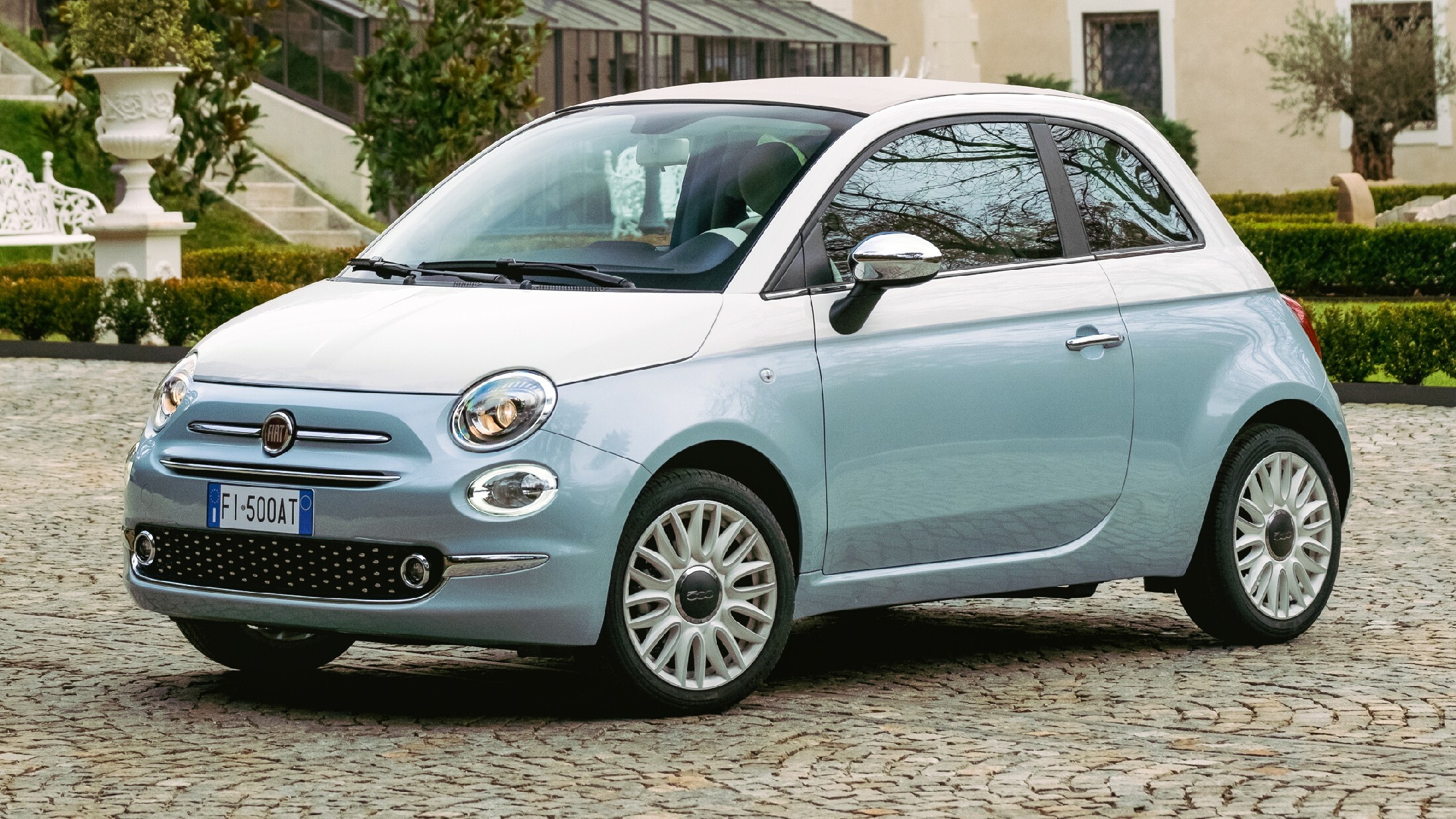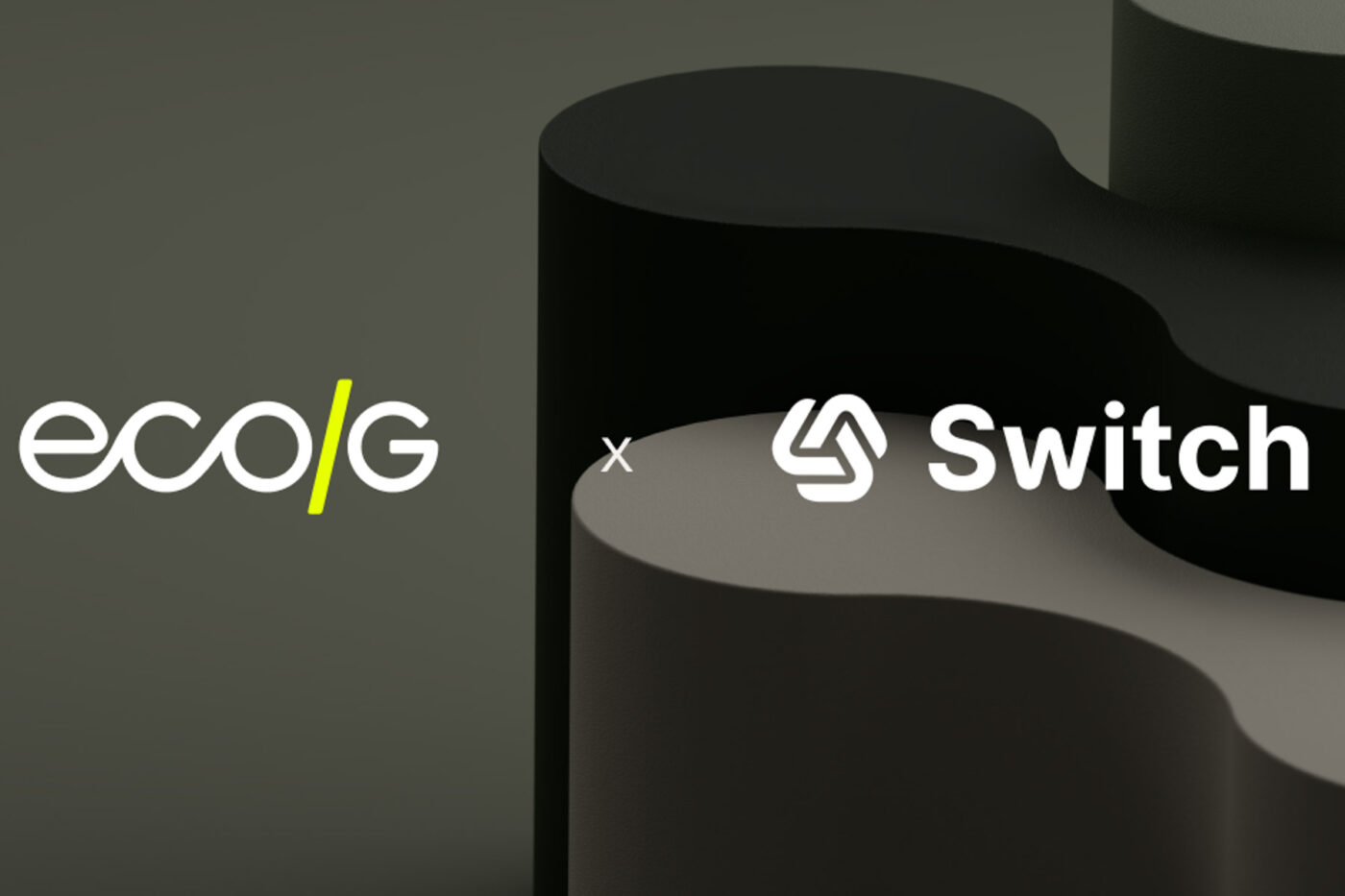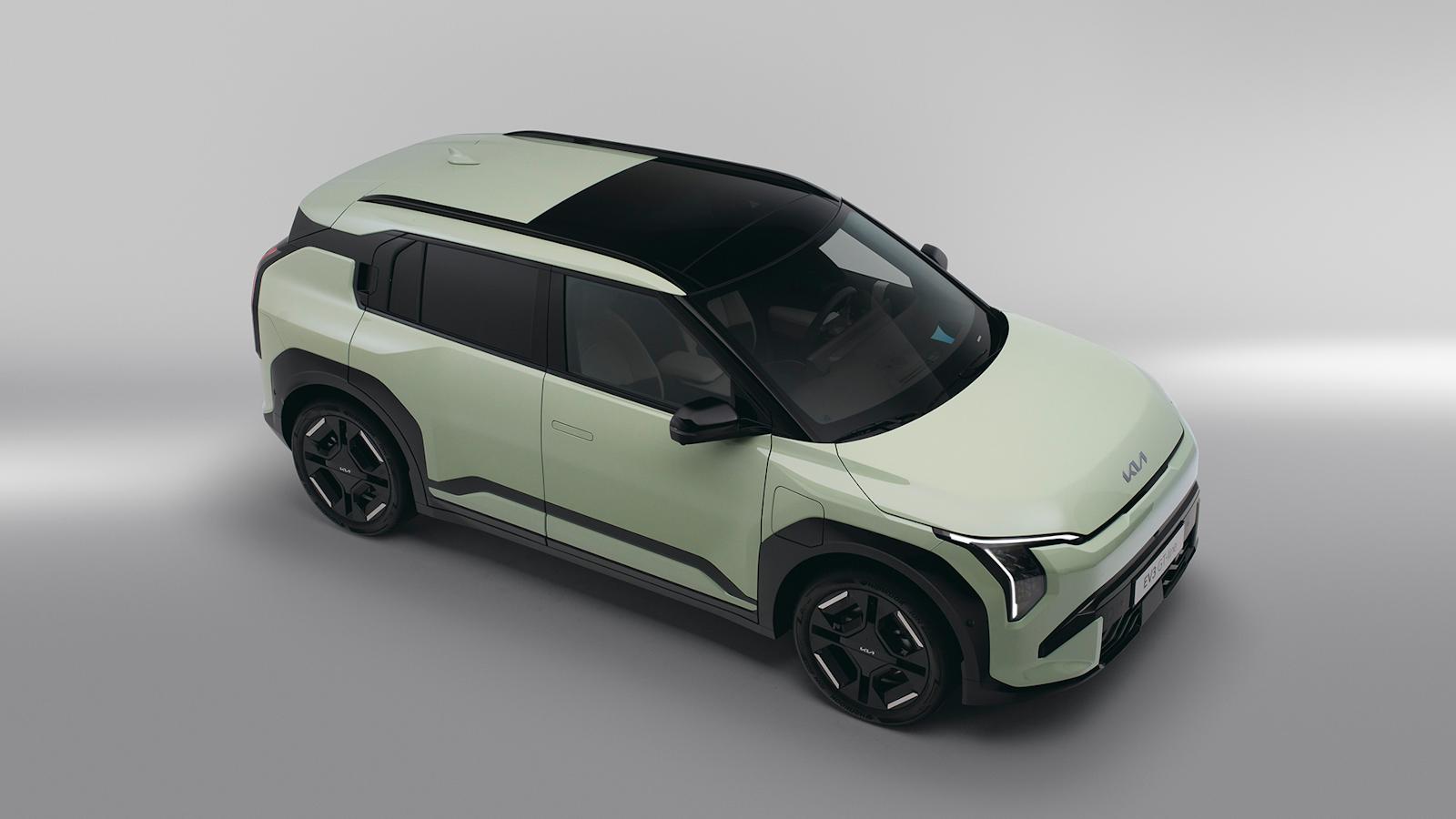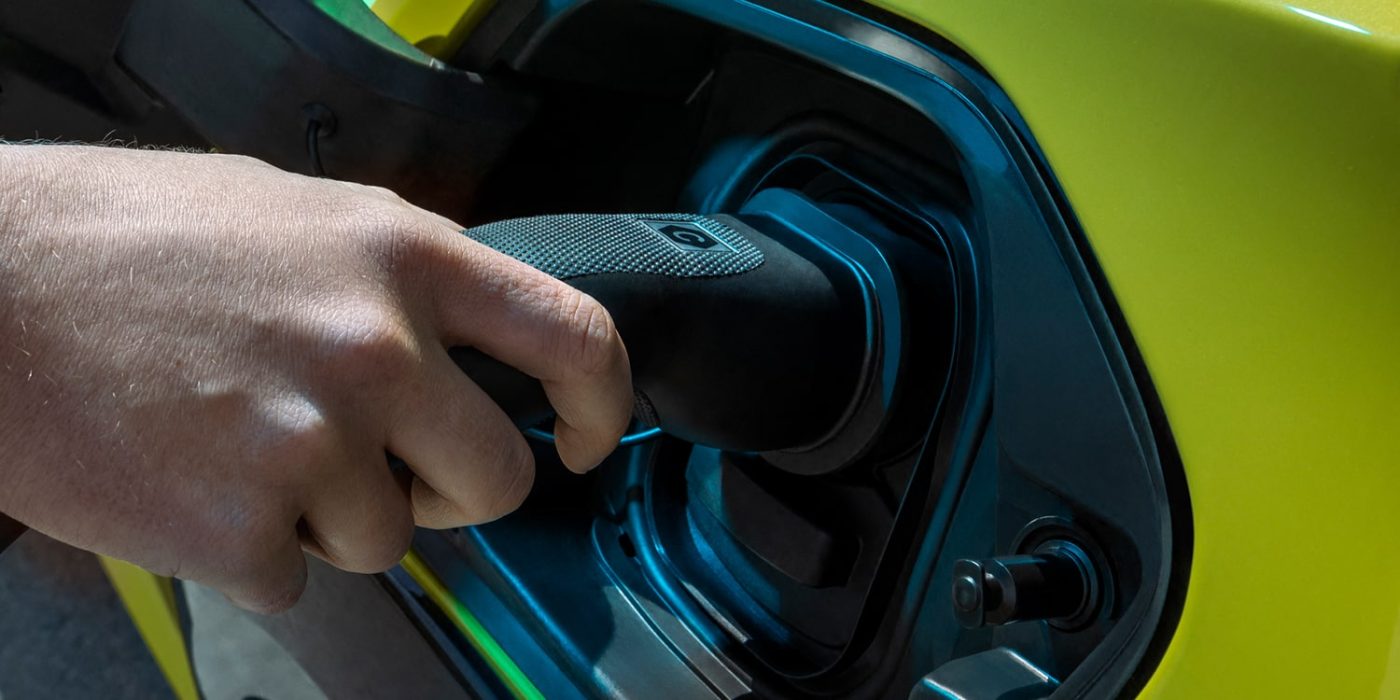Mercedes and Stellantis have paused work on their joint European electric vehicle (EV) battery factory projects and are reevaluating their direction, considering a potential shift to using cheaper lithium iron phosphate cells. The partnership, known as the Automotive Cells Company (ACC), was formed in 2021 with the aim of producing battery cells for electric vehicles.
ACC had initially raised $4.7 billion earlier this year to construct four factories, with plans to raise a total of around 7.6 billion Euros for the project. The joint venture has already opened one factory in Douvrin, France, but work on the upcoming factory in Germany has been halted, and preparations for a factory site in Italy have been paused.
Yann Vincent, the head of ACC, stated that the decision to halt work was influenced by a slowdown in demand for EVs in Europe. Despite a 14.8% year-over-year increase in EV sales in April, which outpaced non-electrified car sales, growth in the EV market is primarily expected in mass-market segments, a target that many Western EV makers have yet to effectively address, although Chinese automakers are beginning to make inroads, particularly in Europe.
ACC intends to remain flexible with its investment pace, reacting to market trends, and plans to make a decision regarding the future of the halted sites by the end of the year. This development comes after Mercedes had previously committed to transitioning to an all-electric lineup by the end of the decade but announced in February its intention to continue producing gasoline vehicles “well into the 2030s,” despite the urgent need to phase out such vehicles to combat climate change.

